
No related resources
Introduction
Pennsylvania became the second state to ratify the U.S. Constitution when delegates at a state ratifying convention voted to approve the Constitution by a 46–23 margin on December 12, 1787. However, delegates who voted against the Constitution set out their various objections in writing. These objections were reprinted in newspapers in Pennsylvania and many other states and were viewed as expressing the Antifederalists’ chief concerns about the proposed Constitution.
In the portion of the document excerpted here, the dissenters explained why they thought the “powers vested by this constitution in Congress, will have such an effect, as necessarily to produce one consolidated government.” Antifederalist critics of the Constitution sought to avoid a consolidated government in which political authority was exercised predominantly by federal officials and state and local officials had little opportunity for decision-making, viewing such a system as threatening to individual liberty. The Pennsylvania dissenters were particularly concerned about authorizing Congress to levy and collect taxes and regulate the time, place, and manner of holding elections for members of Congress. The necessary and proper clause (Article I, section 8, clause 18) also generated significant concern, as did the supremacy clause (Article VI), because investing these and other powers in Congress might eventually lead to the destruction of state governments. In making a point that was frequently emphasized by Antifederalist critics of the Constitution the dissenters wrote: “We apprehend, that two co-ordinate sovereignties would be a solecism in politics. That therefore there is no line of distinction drawn between the general, and state governments; as the sphere of their jurisdiction is undefined; it would be contrary to the nature of things, that both should exist together, one or the other would necessarily triumph in the fullness of dominion.”
Source: Nathaniel Breading, Eleazer Oswald, Pennsylvania Convention, and Constitutional Convention Broadside Collection, The Address and Reasons of Dissent of the Minority of the Convention, of the State of Pennsylvania, to Their Constituents (Philadelphia: E. Oswald, 1787), https://www.loc.gov/item/90898134/.
We dissent, first, because it is the opinion of the most celebrated writers on government, and confirmed by uniform experience, that very extensive territory cannot be governed on the principles of freedom, otherwise than by a confederation of republics, possessing all the powers of internal government; but united in the management of their general and foreign concerns.
If any doubt could have been entertained of the truth of the foregoing principle, it has been fully removed by the concession of Mr. Wilson,1 one of the majority on this question, and who was one of the deputies in the late general convention. In justice to him, we will give his own words; they are as follows, viz., “The extent of country for which the new constitution was required; produced another difficulty in the business of the federal convention. It is the opinion of some celebrated writers, that to a small territory, the democratical; to a middling territory (as Montesquieu2 has termed it) the monarchical; and to an extensive territory, the despotic form of government, is best adapted. Regarding then the wide and almost unbounded jurisdiction of the United States, at first view, the hand of despotism seemed necessary to control, connect, and protect it; and hence the chief embarrassment role.3 For we knew that, although our constituents would cheerfully submit to the legislative restraints of a free government, they would spurn at every attempt to shackle them with despotic power.” And again in another part of his speech4 he continues. “Is it probable that the dissolution of the state governments, and the establishment of one consolidated empire would be eligible in its nature, and satisfactory to the people in its administration? I think not, as I have given reasons to show that so extensive a territory could not be governed, connected, and preserved, but by the supremacy of despotic power. All the exertions of the most potent emperors of Rome were not capable of keeping that empire together, which in extent was far inferior to the dominion of America.”
We dissent, secondly, because the powers vested in Congress by this constitution, must necessarily annihilate and absorb the legislative, executive, and judicial powers of the several states, and produce from their ruins one consolidated government, which from the nature of things will be an iron handed despotism, as nothing short of the supremacy of despotic sway could connect and govern these United States under one government.
As the truth of this position is of such decisive importance, it ought to be fully investigated, and if it is founded to be clearly ascertained; for, should it be demonstrated that the powers vested by this constitution in Congress, will have such an effect, as necessarily to produce one consolidated government, the question then will be reduced to this short issue, viz., whether satiated with the blessings of liberty; whether repenting of the folly of so recently asserting their unalienable rights against foreign despots, at the expense of so much blood and treasure, and such painful and arduous struggles, the people of America are now willing to resign every privilege of freemen, and submit to the domination of an absolute government that will embrace all America in one chain of despotism; or whether they will with virtuous indignation, spurn at the shackles prepared for them, and confirm their liberties by a conduct becoming freemen.
That the new government will not be a confederacy of states, as it ought, but one consolidated government, founded upon the destruction of the several governments of the states, we shall now show.
The powers of Congress under the new constitution, are complete and unlimited over the purse and the sword, and are perfectly independent of, and supreme over, the state governments: whose intervention in these great points is entirely destroyed. By virtue of their power of taxation, Congress may command the whole, or any part of the property of the people. They may impose what imposts upon commerce; they may impose what land-taxes, poll-taxes, excises, duties on all written instruments, and duties on every other article that they may judge proper; in short, every species of taxation, whether of an external or internal nature is comprised in section the 8th, of article the 1st, viz., “The Congress shall have power to lay and collect taxes, duties, imposts, and excises, to pay the debts, and provide for the common defense and general welfare of the United States.”
As there is no one article of taxation reserved to the state governments, the Congress may monopolize every source of revenue, and thus indirectly demolish the state governments, for without funds they could not exist, the taxes, duties, and excises imposed by Congress may be so high as to render it impracticable to levy further sums on the same articles; but whether this should be the case or not, if the state governments should presume to impose taxes, duties, or excises on the same articles with Congress, the latter may abrogate and repeal the laws whereby they are imposed, upon the allegation that they interfere with the due collection of their taxes, duties or excises, by virtue of the following clause, part of section 8th, article 1st, viz., “To make all laws which shall be necessary and proper for carrying into execution the foregoing powers, and all other powers vested by this constitution in the government of the United States, or in any department or officer thereof.”
The Congress might gloss over this conduct by construing every purpose for which the state legislatures now lay taxes, to be for the “general welfare,” and therefore as of their jurisdiction.
And the supremacy of the laws of the United States is established by article 6th, viz. “That this constitution and the laws of the United States, which shall be made in pursuance thereof, and all treaties made, or which shall be made, under the authority of the United States, shall be the supreme law of the land, and the judges in every state shall be bound thereby, anything in the constitution or laws of any state to be contrary notwithstanding.”5 It has been alleged that the words “pursuant to the constitution,” are a restriction upon the authority of Congress; but when it is considered that by other sections they are invested with every efficient power of government, and which may be exercised to the absolute destruction of the state governments, without any violation of even the forms of the constitution, this seeming restriction, as well as every other restriction in it, appears to us to be nugatory and delusive; and only introduced as a blind upon the real nature of the government. In our opinion, “pursuant to the constitution,” will be co-extensive with the will and pleasure of Congress, which, indeed, will be the only limitation of their powers.
We apprehend, that two co-ordinate sovereignties would be a solecism in politics. That therefore there is no line of distinction drawn between the general and state governments; as the sphere of their jurisdiction is undefined; it would be contrary to the nature of things, that both should exist together, one or the other would necessarily triumph in the fullness of dominion. However the contest could not be of long continuance, as the state governments are divested of every means of defense, and will be obliged by “the supreme law of the land” to yield at discretion.
It has been objected to this total destruction of the state governments, that the existence of their legislatures is made essential to the organization of Congress; that they must assemble for the appointment of the senators and president general of the United States. True, the state legislatures may be continued for some years, as boards of appointment, merely, after they are divested of every other function; but the framers of the constitution foreseeing that the people will soon be disgusted with this solemn mockery of a government without power and usefulness, have made a provision for relieving them from the imposition, in section 4th, of article 1st, viz., “The times, places, and manner of holding elections for senators and representatives, shall be prescribed in each state by legislature thereof; but the Congress may at any time, by law make or alter such regulations; except as to the place of choosing senators.6
As Congress have the control over the time of the appointment of the president general,7 of the senators and of the representatives of the United States, they may prolong their existence in office, for life, by postponing the time of their election and appointment, from period to period, under various pretenses, such as an apprehension of invasion, the factious disposition of the people, or any other plausible pretense that the occasion may suggest; and having thus obtained the life-estates in the government, they may fill up the vacancies themselves, by their control over the mode of appointment; with this exception in regard to the senators, that as the place of appointment for them must, by the constitution, be in the particular state, they may depute some body in the respective states, to fill up the vacancies in the senate, occasioned by death, until they can venture to assume it themselves. In this manner, may the only restriction in this clause be evaded. By virtue of the foregoing section, when the spirit of the people shall be gradually broken; when the general government shall be firmly established, and when a numerous standing army shall render opposition vain, the Congress may complete the system of despotism, in renouncing all dependence on the people, by continuing themselves, and children in the government.
The celebrated Montesquieu, in his Spirit of Laws, vol. 1, page 12th, says “That in a democracy there can be no exercise of sovereignty, but by the suffrages of the people, which are their will; now the sovereign’s will is the sovereign himself; the laws therefore, which establish the right of suffrage, are fundamental to this government. In fact it is as important to regulate in a republic in what manner, by whom, and concerning what, suffrages are to be given, as it is in a monarch to know who is the prince, and after what manner he ought to govern.” The time, mode, and place of the election of representatives, senators, and president general of the United States, ought not to be under the control of Congress, but fundamentally ascertained and established.
The new constitution, consistently with the plan of consolidation, contains no reservation of the rights and privileges of the state governments, which was made in the confederation of the year 1778, by article the 2d, viz., “That each state retains its sovereignty, freedom and independence, and every power, jurisdiction and right, which is not by this confederation expressly delegated to the United States in Congress assembled.”8
The legislative power vested in Congress by the foregoing recited sections is so unlimited in its nature; may be so comprehensive and boundless in its exercise, that this alone would be amply sufficient to annihilate the state governments, and swallow them up in the grand vortex of general empire....
In short, consolidation pervades the whole constitution. It begins with an annunciation that such was the intention. The main pillars of the fabric correspond with it, and the concluding paragraph is a confirmation of it. The preamble begins with the words, “We the people of the United States,” which is the style of a compact between individuals entering into a state of society, and not that of a confederation of states. The other features of consolidation, we have before noticed.
Thus we have fully established the position, that the powers vested by this constitution in Congress, will effect a consolidation of the states under one government, which even the advocates of this constitution admit, could not be done, without the sacrifice of all liberty....
- 1. James Wilson (1742–1798) was a supporter of the new constitution and was thus in the majority at the Pennsylvania convention that voted to ratify it.
- 2. Charles Louis de Secondat, Baron de la Brède et de Montesquieu (1689–1755) was a leading political philosopher of the time.
- 3. Chief cause of embarrassment
- 4. The dissenters quoted from a speech given by Wilson in the Pennsylvania Convention, November 24, 1787; available at https://teachingamericanhistory.org/document/speech-to-the-pennsylvania-convention/.
- 5. Emphasis added.
- 6. Emphasis added.
- 7. The president of the United States. Article I gives the state legislatures the power to appoint electors for the Electoral College but says that “Congress may determine the time of choosing the electors, and the day on which they shall give their votes.”
- 8. Articles of Confederation.
Cato VI
December 13, 1787
Conversation-based seminars for collegial PD, one-day and multi-day seminars, graduate credit seminars (MA degree), online and in-person.




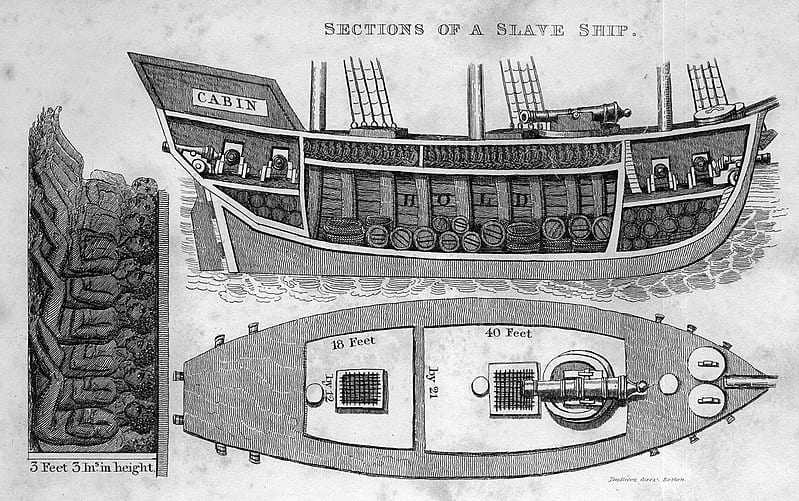






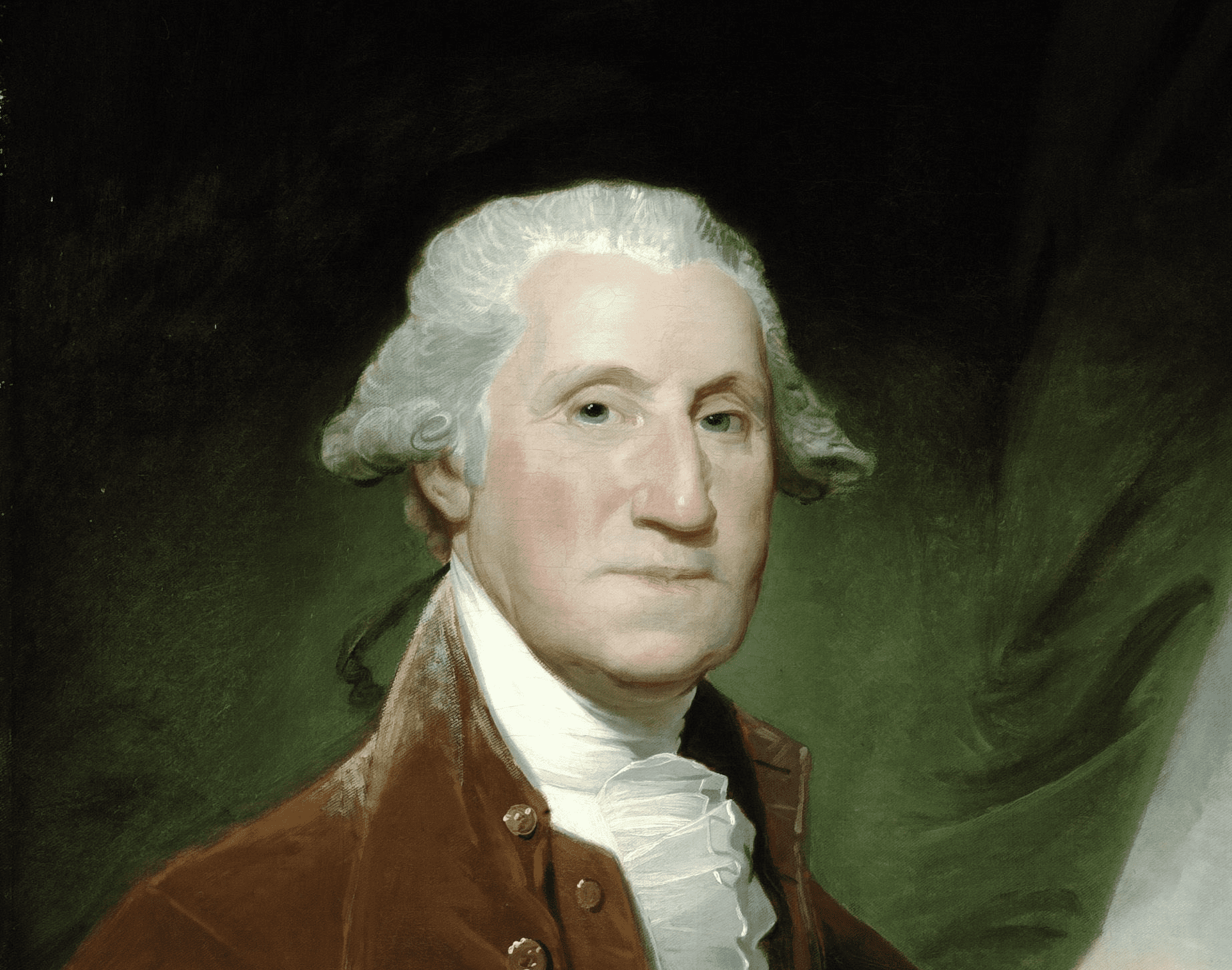















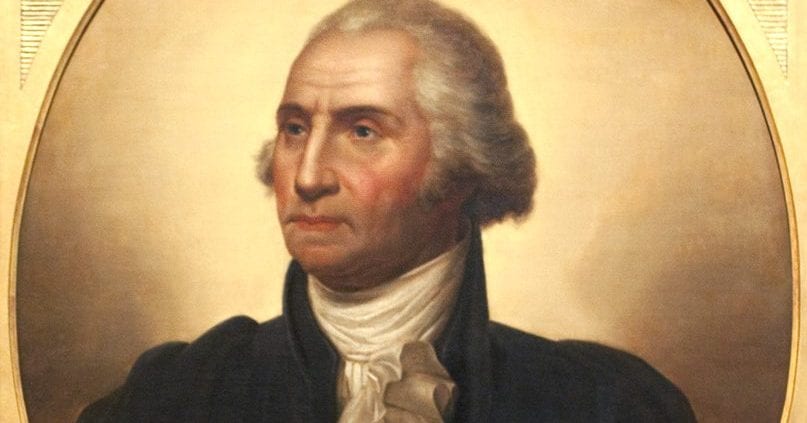
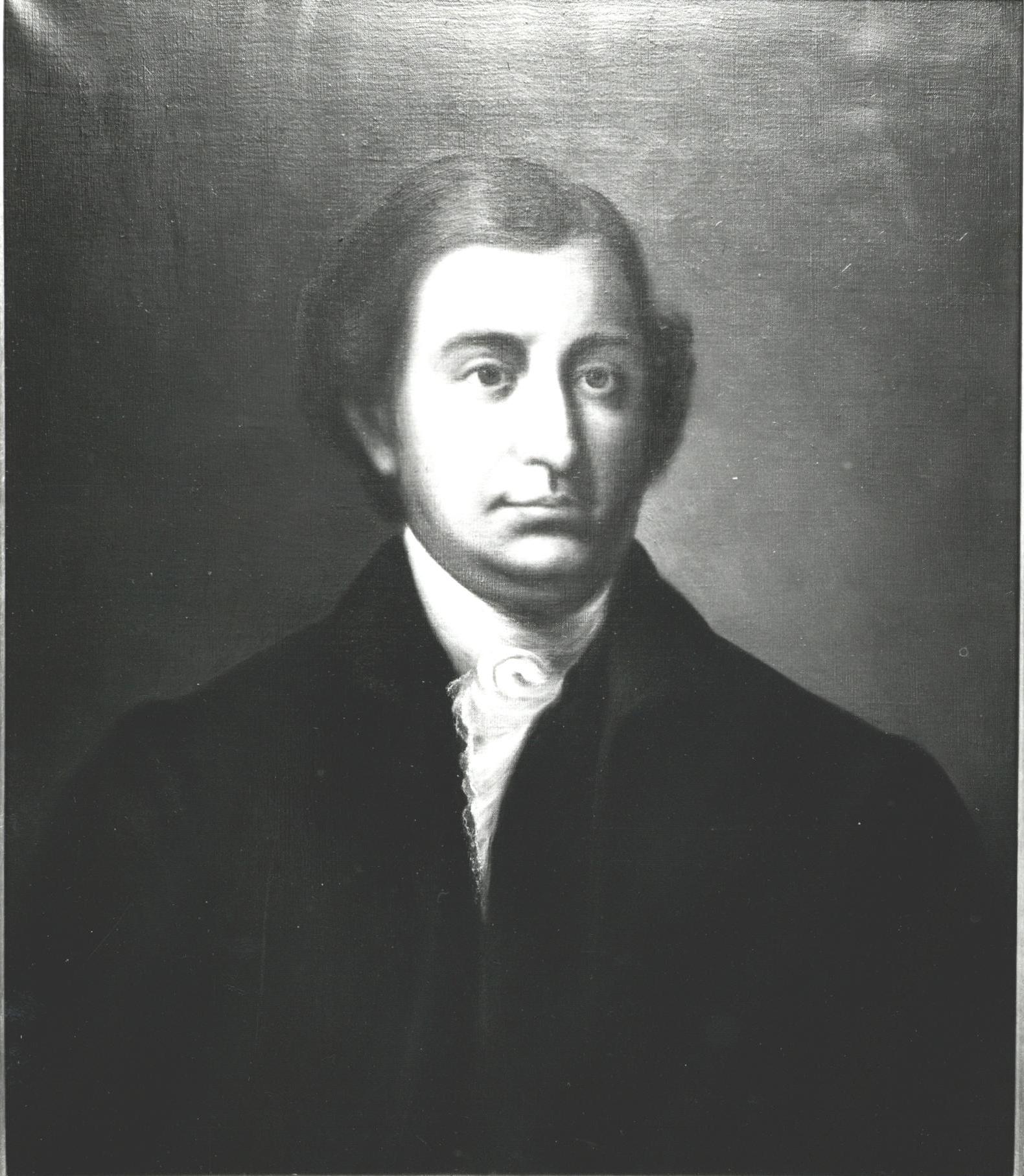
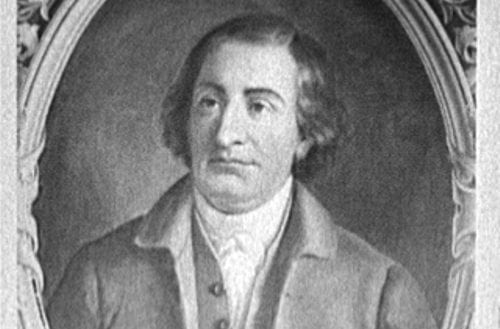
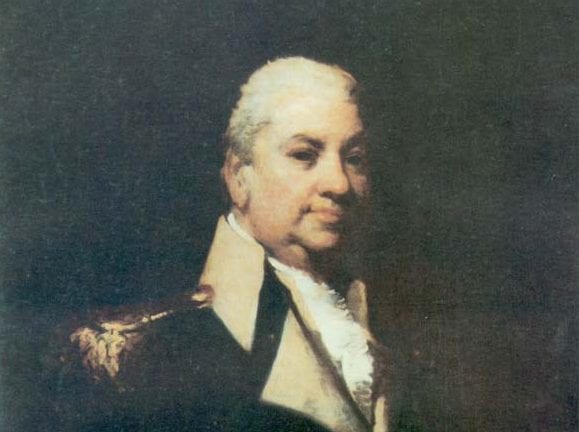




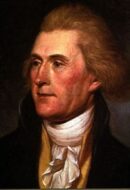













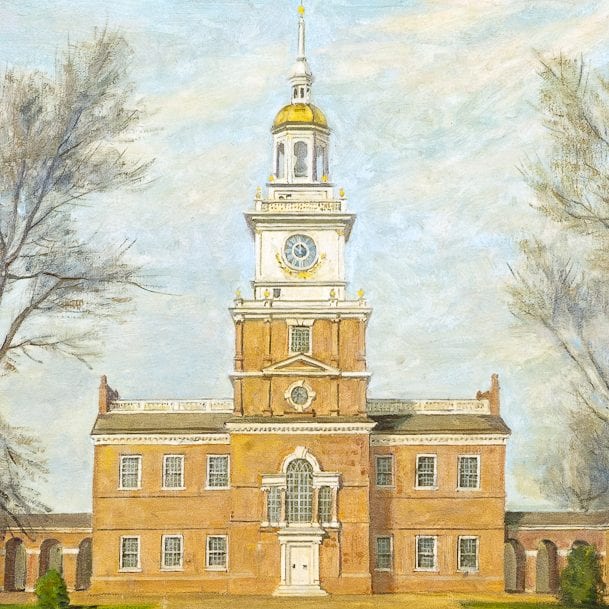

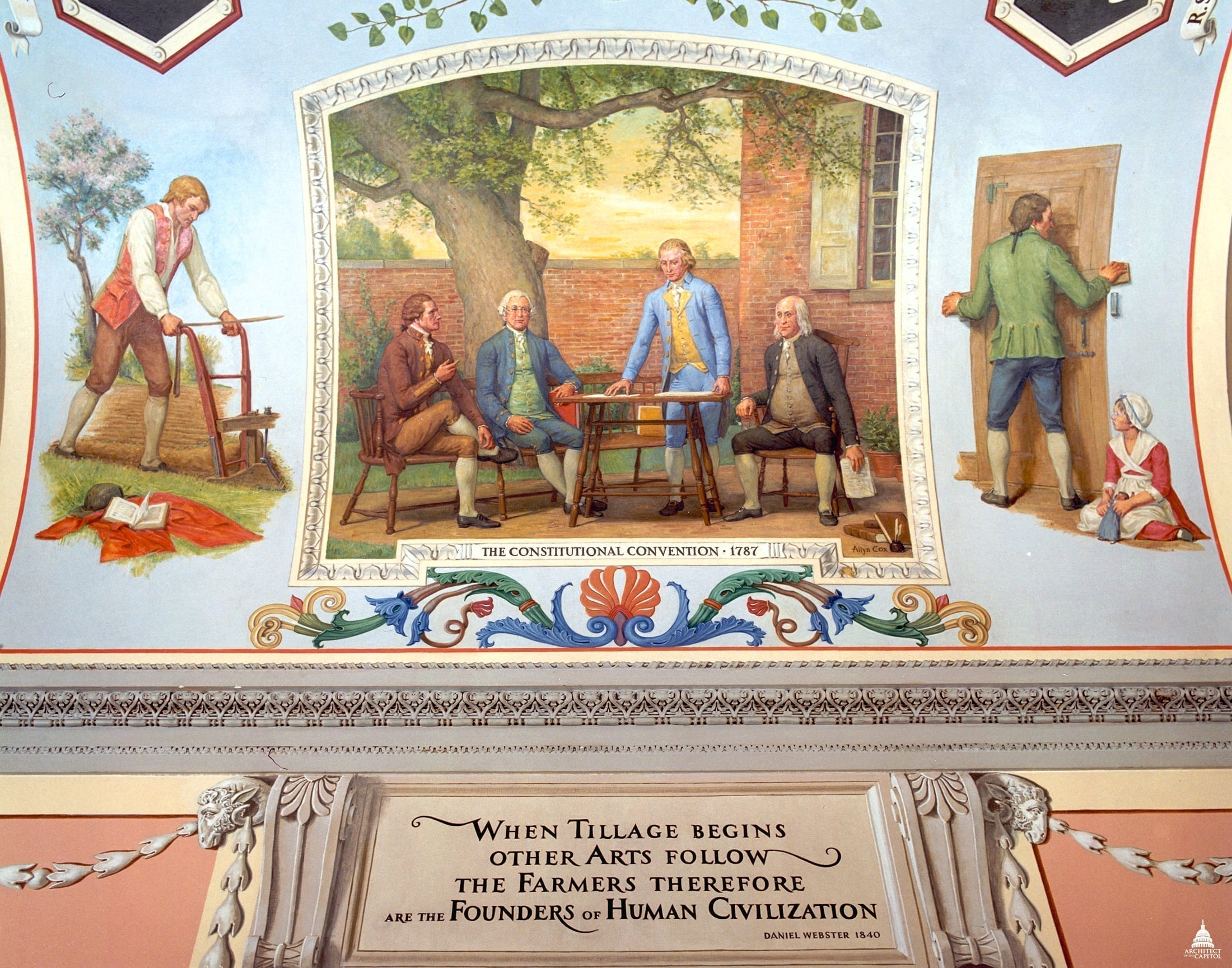

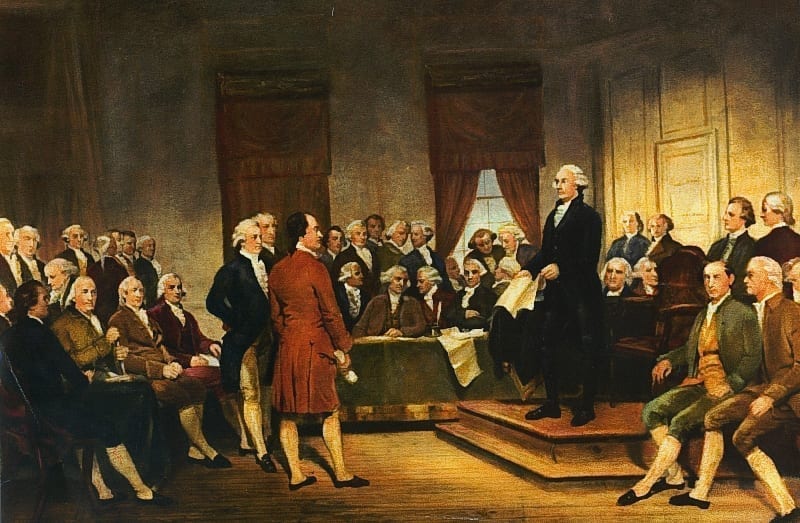


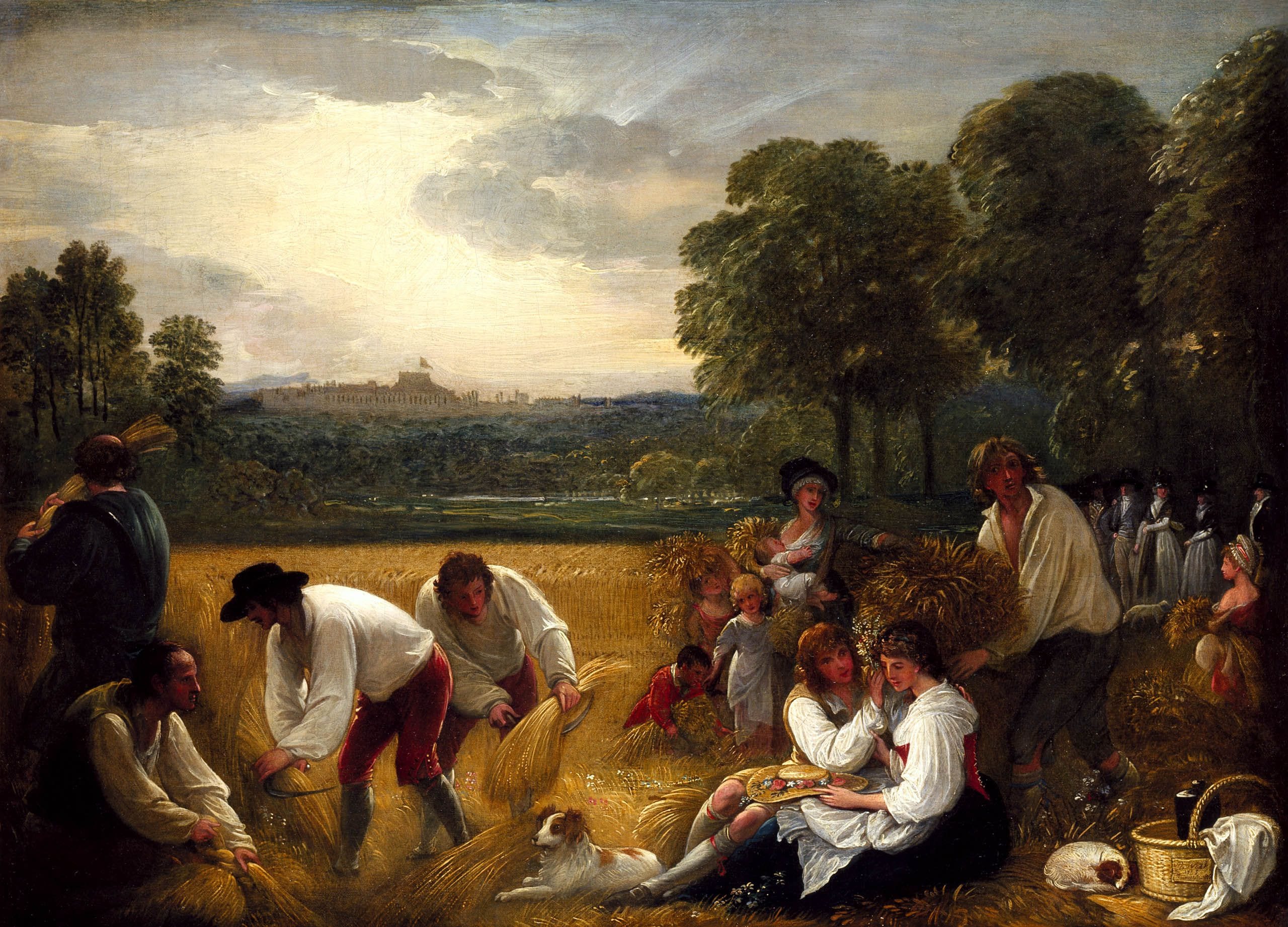


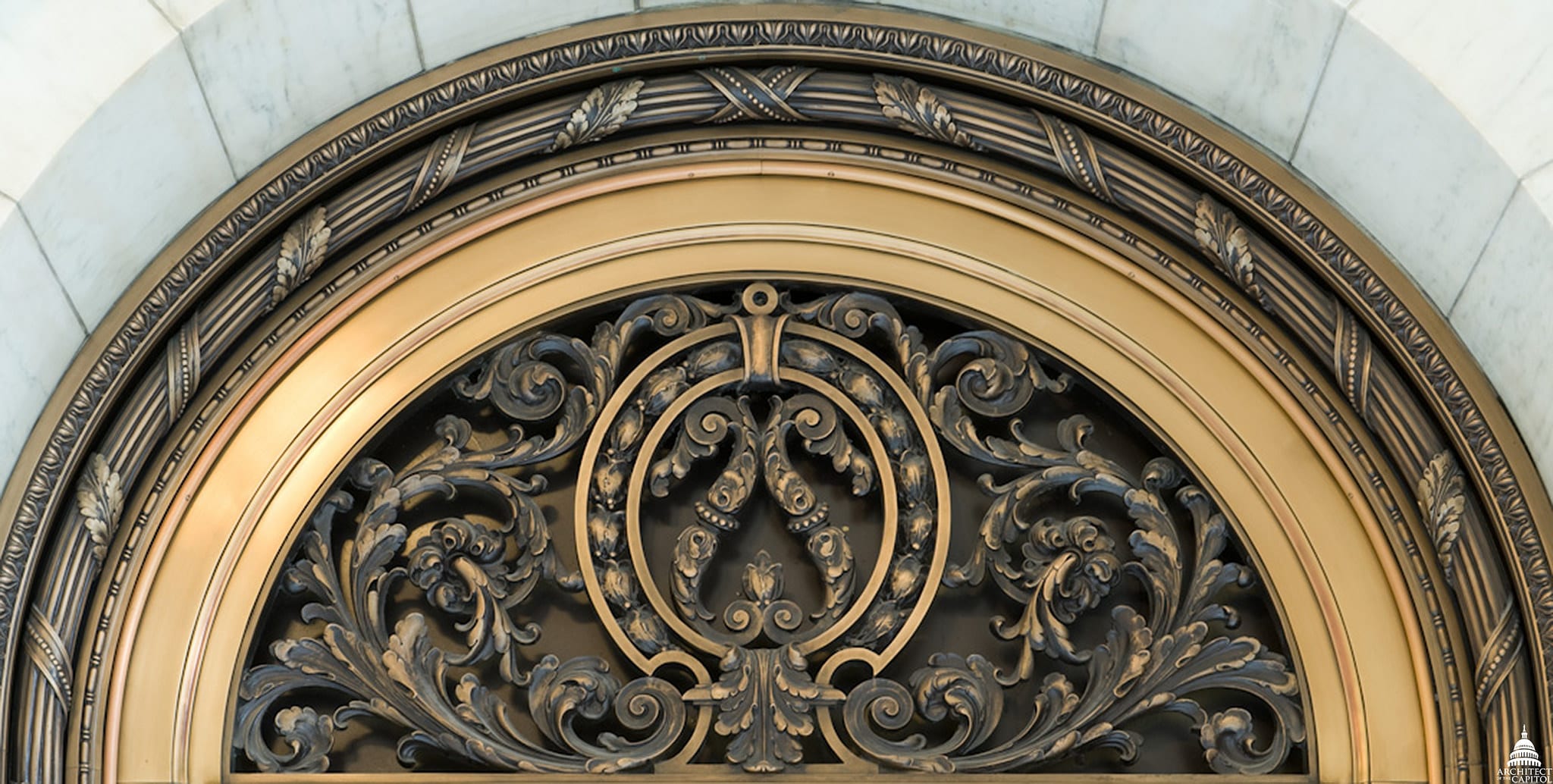













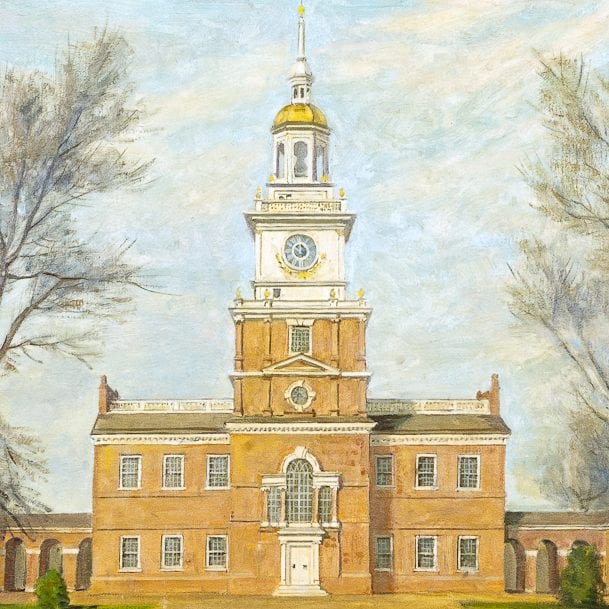
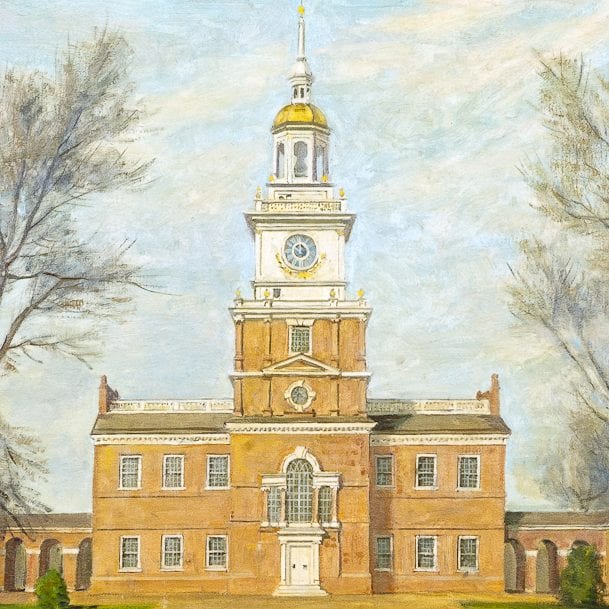






































































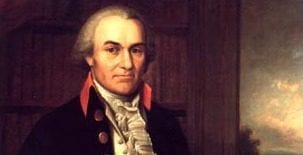



























![Finley, A. (1829) Pennsylvania. Philada. [Map] Retrieved from the Library of Congress, https://www.loc.gov/item/98688548/.](/content/uploads/2024/02/Map-of-PA--273x190.jpg)





















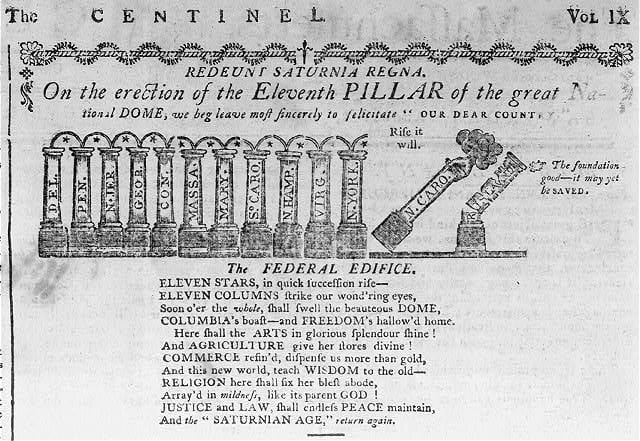
















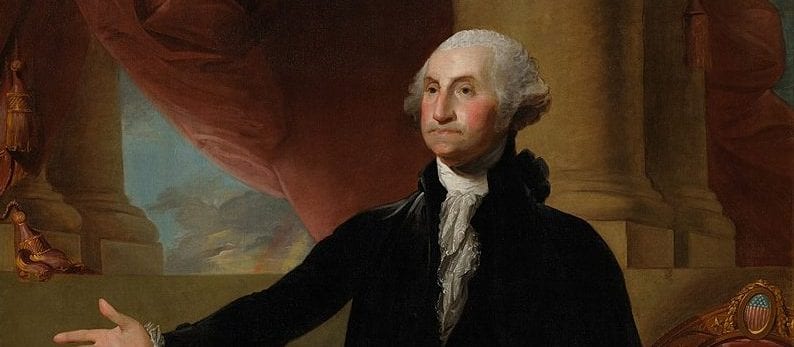














































































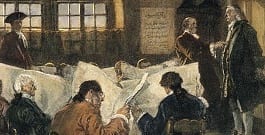
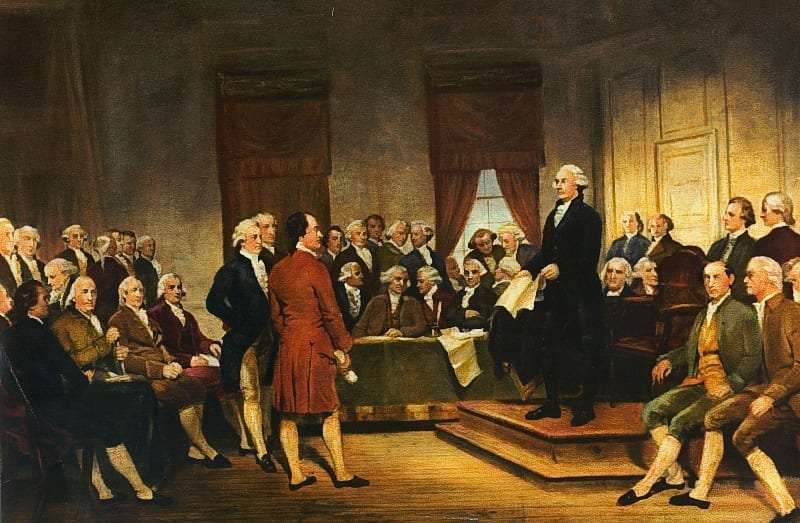




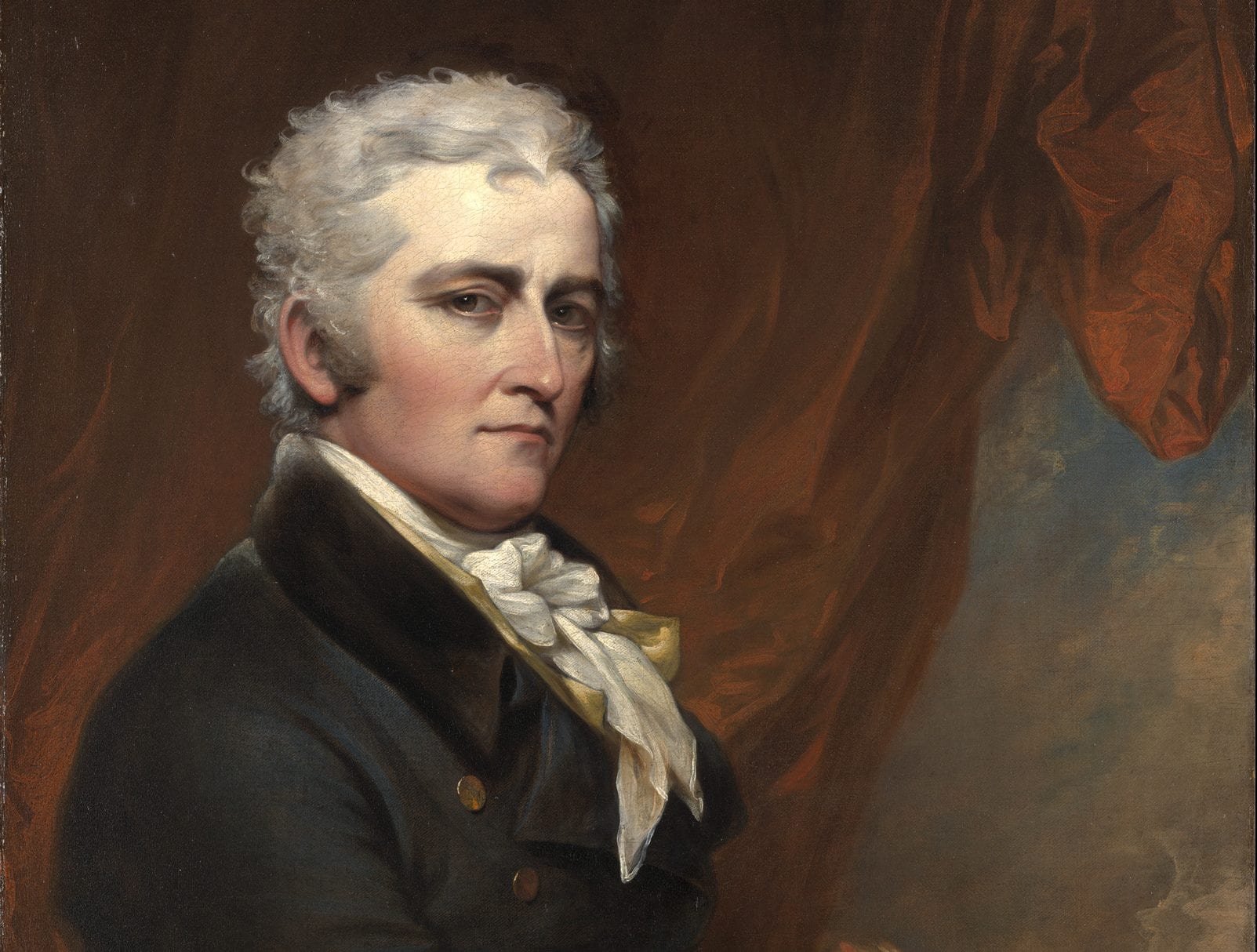























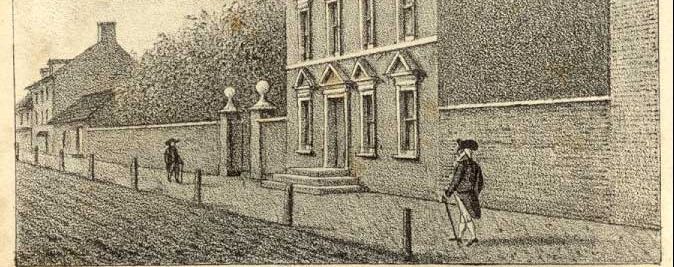



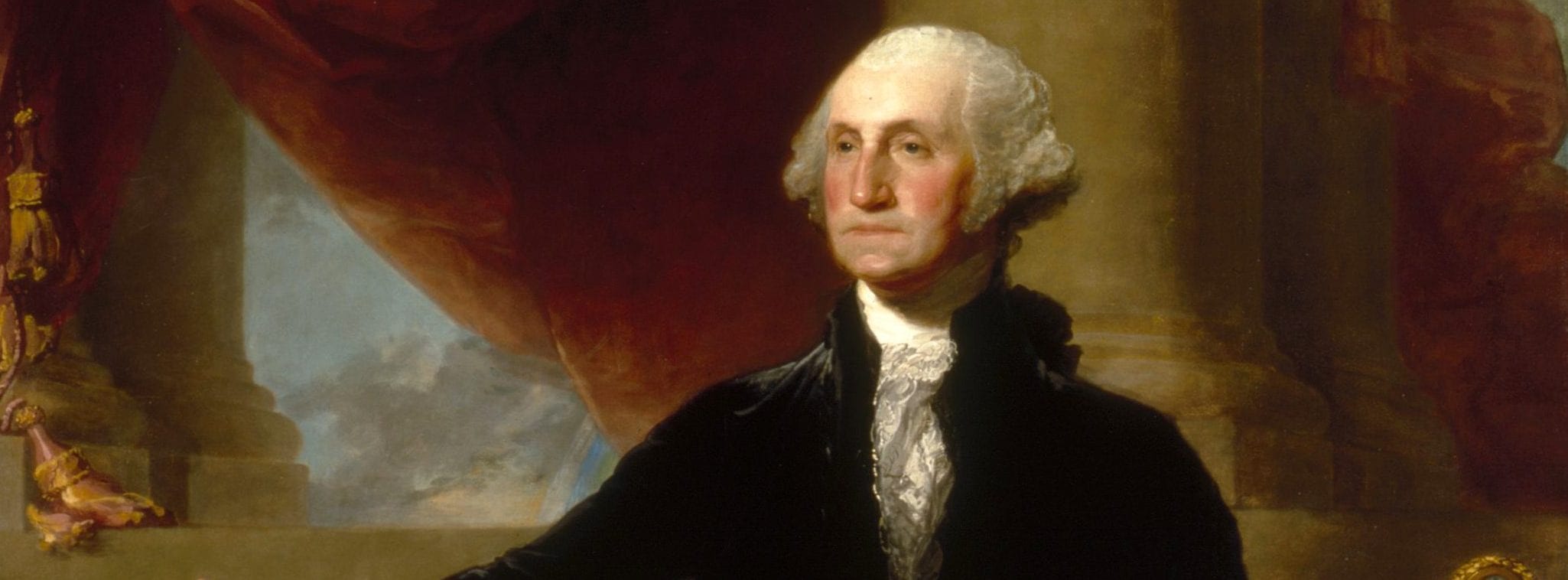
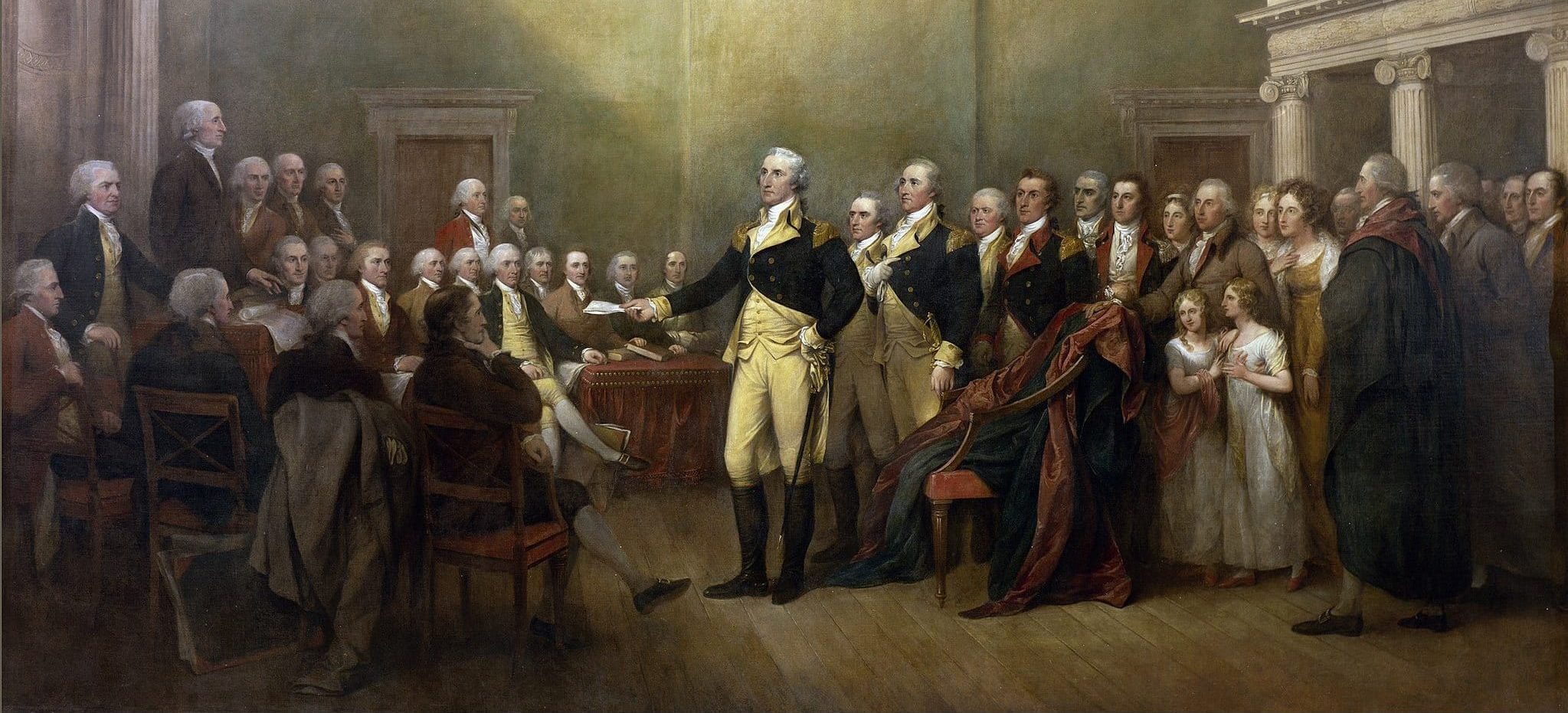






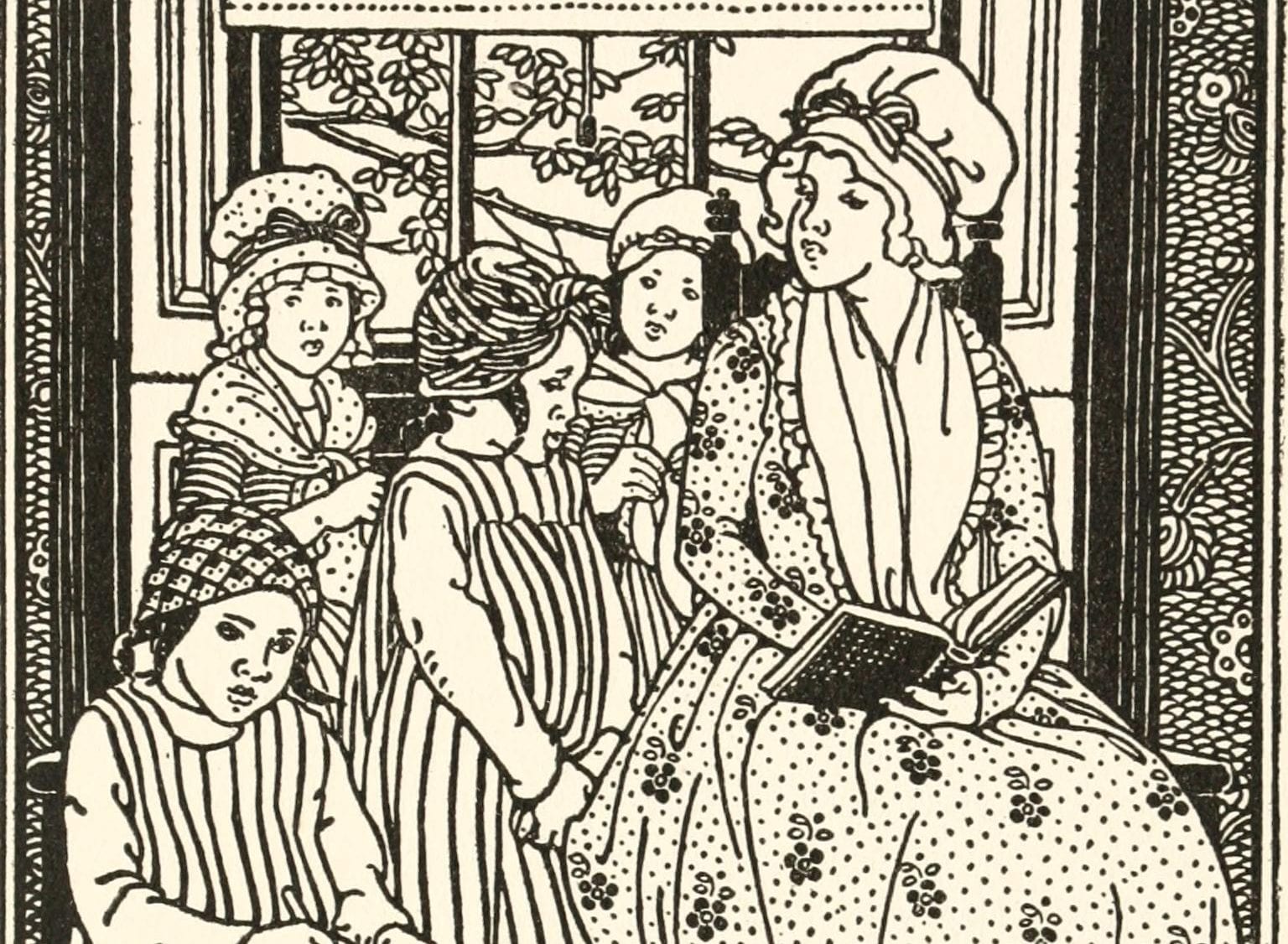










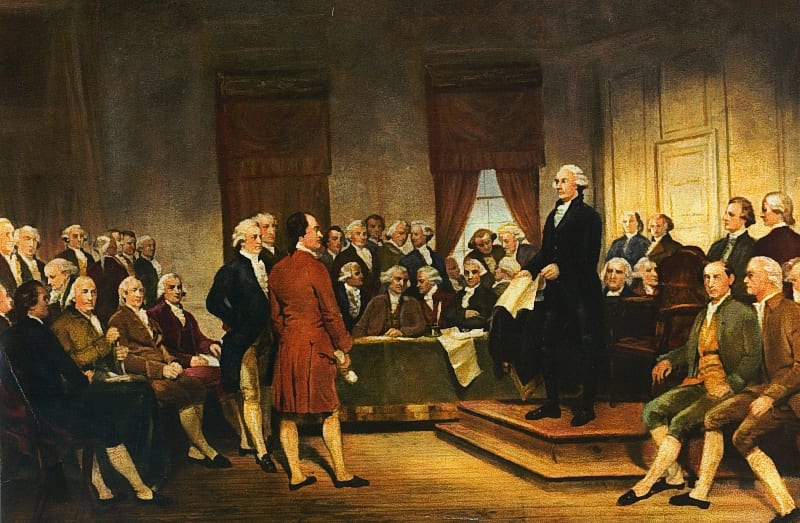





























































![Finley, A. (1829) Pennsylvania. Philada. [Map] Retrieved from the Library of Congress, https://www.loc.gov/item/98688548/.](/content/uploads/2024/02/Map-of-PA-.jpg)